The disconnect between the protected public sector and mainstream Victorians was perfectly encapsulated by the Secretary of the Department of Treasury and Finance, David Martine, last week. Martine, giving evidence to the Public Accounts and Estimates Committee said that the snap five-day lockdown of the entire state of Victoria would likely have a ‘minimal’ impact on Victoria’s public finances.
That forcing 6.7 million Victorians into a strict lockdown does not have a significant impact on public finances demonstrates the entire problem of lockdowns and the government’s response to coronavirus.
The past year has shown that when lockdown measures are implemented it is the private sector that pays the price. While hundreds of thousands of Australians were forced out of work, asked to take pay cuts, and had promotions and pay rises cancelled when lockdowns were first introduced in late March last year, their public sector counterparts had a completely different experience. In Victoria, Premier Daniel Andrews and his ministers all secured an 11.8% pay rise, while all Victorian public servants cashed in a 2% pay rise plus an additional ‘mobility payment’ worth between $757 and $2,800 each.
This disconnection is not just frustrating, it is dangerous. There is a serious moral hazard created when the public sector bureaucrats responsible for implementing lockdown measures are sheltered from the costs such lockdowns inflict. They have no ‘skin in the game’, and therefore no reason to keep the economy open and leave Victorians free to work and live.
This is precisely the problem. For the past year, politicians and public servants have decided what lockdown measures they will implement, how long they will remain for, and what activities are deemed ‘essential’. Coincidently, these same people never have to bear any of the costs of these decisions and, of course, all their work is essential.
During the second lockdown in 2020, gardeners were deemed not to be an essential service, and thousands of sole traders had their income stream immediately and indefinitely severed. The public health advice, apparently, was that a person mowing lawns by themselves was not safe or essential. But if that person was employed by a council or the state government, then they of course were essential. It quickly became evident that whether or not you were an ‘essential’ worker was not determined by the activity you were performing but by who pays your wages.
Between April and September of 2020, private sector workers in Victoria saw their wages drop by $3.4 billion. But in the public sector, wages increased by $713 million. And it’s not just wages. Between February and November, 27,000 new public servants were hired in Victoria, while 100,000 private sector workers remained out of work. This means that for every new public servant hired almost four private sector workers lost their job.
This is the stark difference between the class of protected elites in the public sector and mainstream Victorians employed in the private sector. When Premier Dan Andrews, the Chief Health Officer Brett Sutton, or any other person paid by taxpayers says, “we’re all in this together”, what they really mean is that they are all in it together.
So, when Martine outlined that the snap lockdown had a “minimal” impact, he captured the word that comes to the mind of many Victorian public servants. Their jobs were never threatened, and their wages actually increased over the course of 2020. For some, lockdowns really weren’t that bad.
The impact of lockdowns on small businesses was hardly minimal. Nor was the impact minimal for florists forced to close with less than 12 hours notice that they would not be able to trade on their busiest day of the year, nor for café owners that had to throw away thousands of dollars worth of produce, nor for the owners of a bed and breakfast in regional Victoria, hundreds of kilometres away from any current or historic cases of coronavirus, who had to cancel all their bookings.
As long as the politicians and bureaucrats are sheltered from the real impact of their disastrous lockdown measures, they will continue to implement them without sparing a thought for the harm they inflict on ordinary Victorians.
On October 10 last year, during his daily press conference, Daniel Andrews said, “The only numbers I’m focused on is [COVID-19] case numbers.”
Victorians will live in fear of another lockdown for as long as the obsession with case numbers and eliminating the virus entirely remains.
But if the pay of public servants and politicians was affected each time Victorians were forced to close their businesses and stay home from work, it would give them another number of focus on, and a strong incentive to keep the state open and allow Victorians to enjoy their lives.
Cian Hussey is a Research Fellow at the Institute of Public Affairs. Join as a member at www.ipa.org.au.
Got something to add? Join the discussion and comment below.
Get 10 issues for just $10
Subscribe to The Spectator Australia today for the next 10 magazine issues, plus full online access, for just $10.

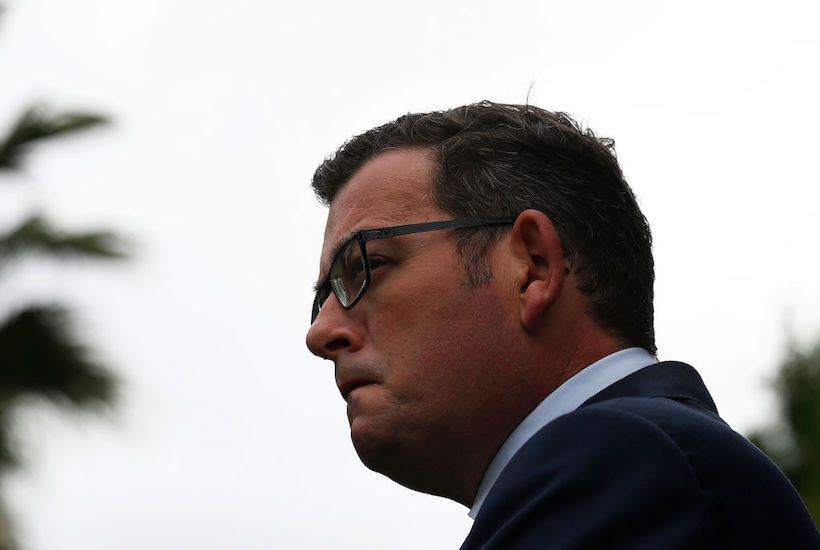


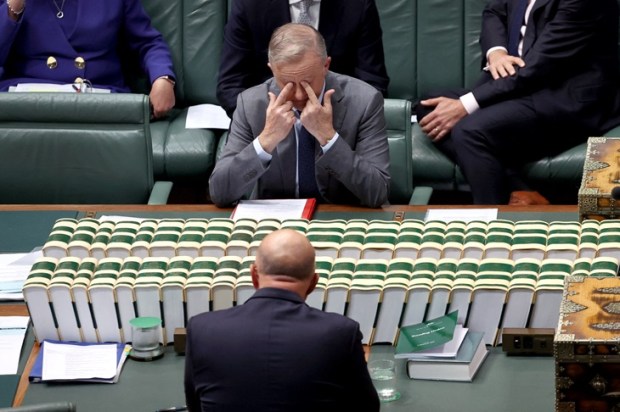
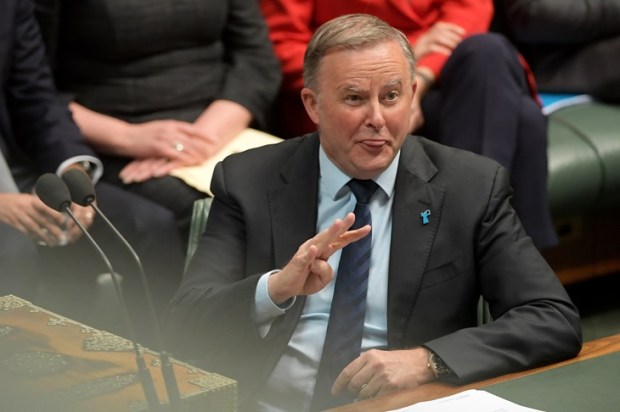









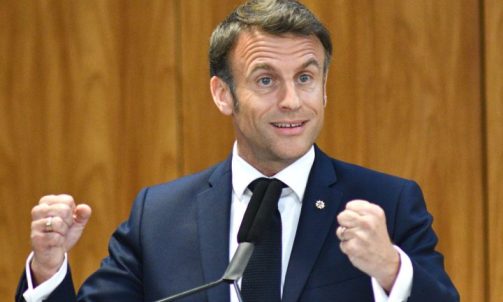
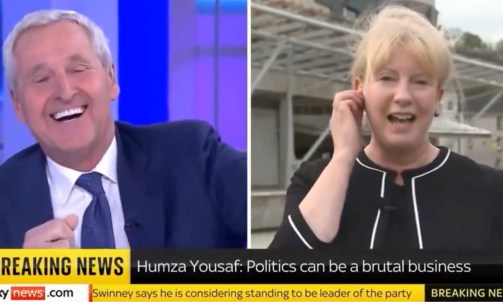
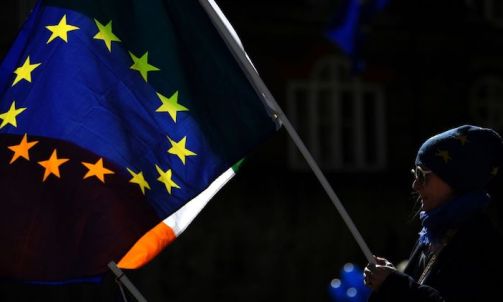

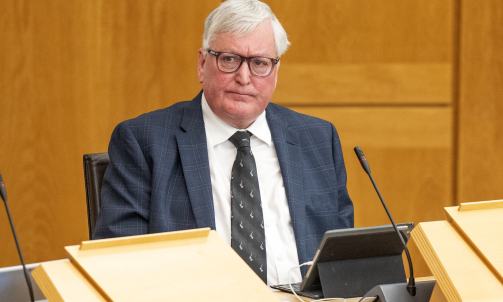






Comments
Don't miss out
Join the conversation with other Spectator Australia readers. Subscribe to leave a comment.
SUBSCRIBEAlready a subscriber? Log in